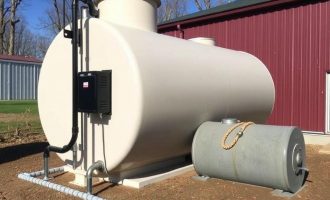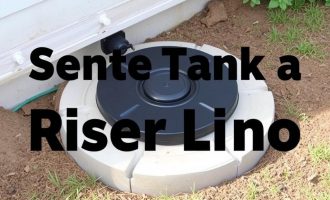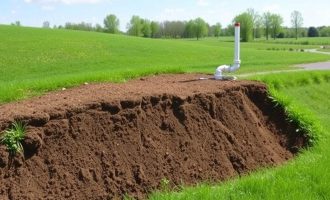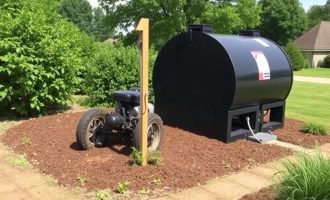Vacation homes are our personal retreats, places where we want to relax, unwind, and escape the hustle and bustle of daily life. But while these homes offer a perfect escape, they often come with hidden responsibilities – especially when it comes to septic systems. A septic tank for vacation homes requires a different kind of attention compared to those in permanent residences. Because these homes are used sporadically, maintenance can be tricky, yet it’s crucial to prevent costly repairs or environmental damage. In this article, we’ll dive deep into the importance of septic tank care for vacation homes, practical maintenance tips, and how to avoid common pitfalls. Whether you’re a new vacation homeowner or looking to improve your system’s efficiency, keep reading to discover everything you need to know.
- Why Septic Tank Maintenance Is Critical for Vacation Homes
- Understanding How a Septic Tank Works
- Unique Challenges for Vacation Home Septic Systems
- Essential Maintenance Tips for Your Vacation Home’s Septic Tank
- 1. Schedule Regular Inspections
- 2. Pump Your Septic Tank on Time
- 3. Limit Water Usage During Visits
- 4. Avoid Putting Harmful Substances Down the Drain
- 5. Winterize Your Septic System
- 6. Protect the Drain Field
- 7. Keep Detailed Records
- Signs Your Vacation Home Septic Tank Needs Attention
- Eco-Friendly Tips for Septic Tank Care in Vacation Homes
- DIY vs. Professional Septic Maintenance
- How to Prepare Your Septic Tank Before and After Vacation Stays
- Before Arrival
- During Your Stay
- Before Leaving
- Cost Considerations for Septic Tank Maintenance in Vacation Homes
- Conclusion
Why Septic Tank Maintenance Is Critical for Vacation Homes
Unlike full-time houses, vacation homes often sit empty for weeks or months, sometimes without anyone noticing if there’s a problem. This intermittent use can severely affect the septic system’s functionality. When a septic tank is used sporadically, solids can settle unevenly, and bacterial balance crucial for breaking down waste may become disrupted. Also, leaks, clogs, or freeze damage may go unnoticed longer, increasing the risk of costly repairs.
Understanding How a Septic Tank Works
To care for a septic tank effectively, it helps to understand how it functions. A septic tank collects all the wastewater from a home — sinks, toilets, showers — and treats it on-site. The wastewater flows into a large underground tank where solids settle to the bottom as sludge, oils and grease float to the top as scum, and the liquid effluent flows out into a drain field or leach field for further filtering by the soil. Bacteria inside the tank help break down the solids, reducing the need for frequent pumping.
Unique Challenges for Vacation Home Septic Systems
Vacation homes face several distinct challenges compared to year-round residences:
- Intermittent Use: Periods of no wastewater input can upset the natural bacterial balance and cause solids to harden.
- Freezing and Weather Damage: If the system isn’t designed or winterized properly, freezing temperatures can crack pipes or damage tank components.
- Delayed Problem Detection: Since the property isn’t occupied regularly, septic issues may go unnoticed until they become severe.
- Seasonal Load Fluctuations: When the home is occupied, usage can spike dramatically, stressing the system.
Essential Maintenance Tips for Your Vacation Home’s Septic Tank
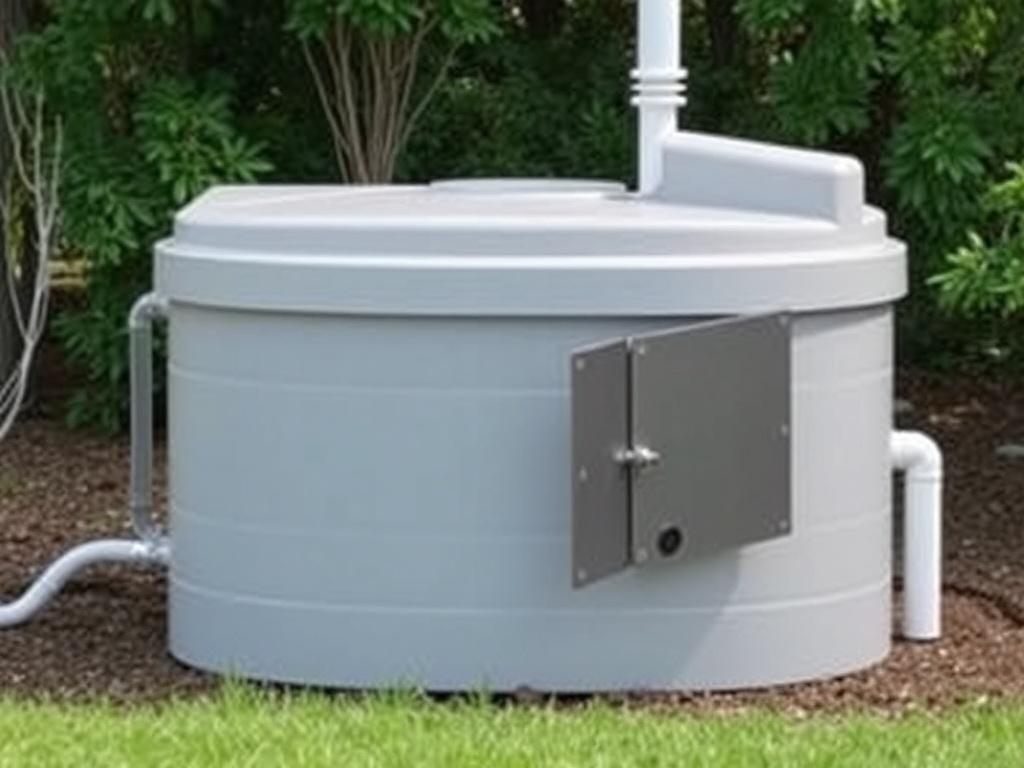
Maintaining a septic tank for vacation homes requires a combination of regular inspections, timely pumping, and specific seasonal care. Here are step-by-step tips to keep your system running smoothly:
1. Schedule Regular Inspections
Annual or bi-annual inspections are vital to catch any early signs of trouble. A professional inspection checks for leaks, sludge buildup, scum layers, and overall system health. This is especially important before and after the vacation season when usage patterns change.
2. Pump Your Septic Tank on Time
Even if the home isn’t used often, solids accumulate and need removal. A general rule is every 3-5 years, but if use spikes during holidays or seasons, you might need pump-outs more frequently. Delaying pumping can lead to sludge overflow into the drain field, causing expensive repairs.
3. Limit Water Usage During Visits
High water volumes can overwhelm a system designed for smaller, steady inputs. Encourage shorter showers, avoid simultaneous appliance use (washing machines, dishwashers), and fix leaks promptly.
4. Avoid Putting Harmful Substances Down the Drain
Household chemicals, grease, paint, and non-biodegradable items harm the beneficial bacteria in the septic tank. Proper disposal outside the septic system protects the delicate bacterial balance needed for waste breakdown.
5. Winterize Your Septic System
If the vacation home is in a cold climate and not used over the winter, special winterizing steps prevent freeze damage:
- Insulate exposed pipes and tank lids.
- Drain water from plumbing lines if the home will be empty.
- Keep snow coverage over the drain field for insulation.
- Consider using septic-safe antifreeze for traps.
6. Protect the Drain Field
The drain field is crucial for filtering wastewater and preventing pollution. Protect it by:
- Avoiding parking or heavy foot traffic on the drain field area.
- Planting grass or shallow-rooted plants only — no trees or shrubs that can damage pipes.
- Diverting roof and surface water away from the drain field to prevent saturation.
7. Keep Detailed Records
Maintain a log of inspections, pumping dates, repairs, and any concerns you notice. This paperwork helps professionals quickly diagnose issues and plan maintenance schedules.
Signs Your Vacation Home Septic Tank Needs Attention
Knowing the warning signs can save you from emergencies while away or costly repairs when you return. Here are common symptoms indicating septic system trouble:
| Symptom | Possible Cause | Recommended Action |
|---|---|---|
| Slow drains or backups in sinks, tubs, toilets | Clogs or sludge buildup in the tank or pipes | Schedule inspection and pumping immediately |
| Unpleasant sewage odors near the home or tank | Septic tank leaks or drain field failure | Contact a septic professional for a thorough evaluation |
| Wet or soggy areas over the drain field | Drain field saturation or failure | Avoid heavy use, pump the tank, assess drain field repairs |
| Observable sewage surfacing in the yard | Septic system failure or blockage | Immediate professional intervention required |
By responding quickly to these signals, you can prevent minor issues from escalating while ensuring your vacation home remains safe and enjoyable.
Eco-Friendly Tips for Septic Tank Care in Vacation Homes
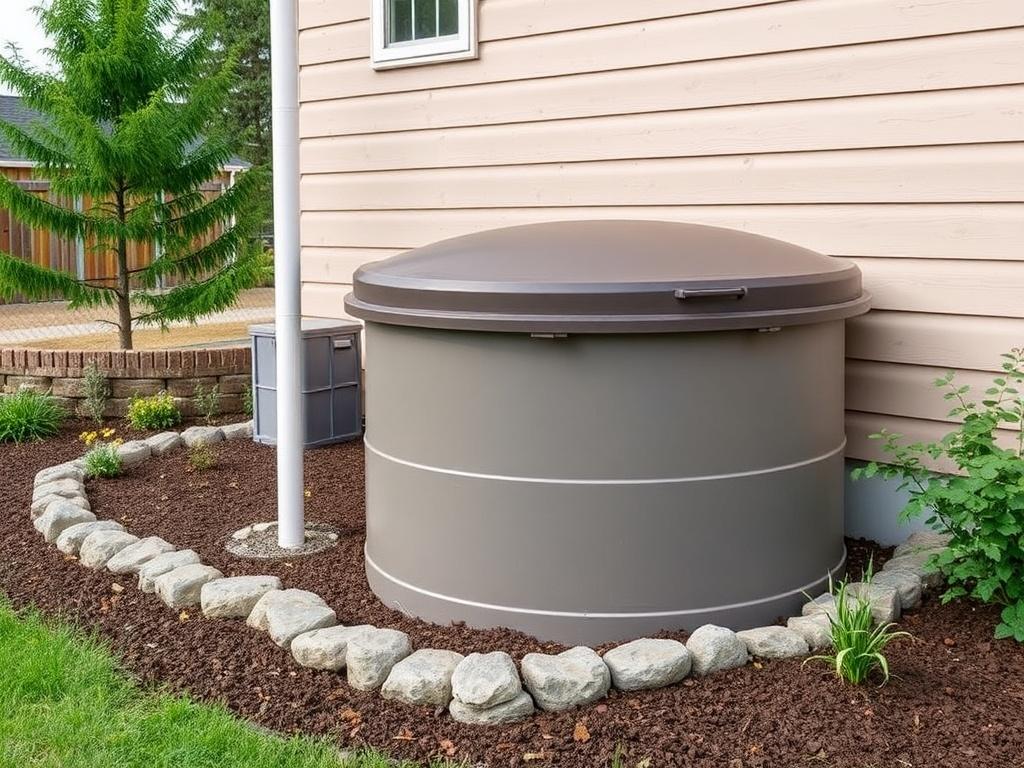
Caring for your septic tank isn’t just about protecting your home — it’s also about safeguarding the environment around it.
- Choose Eco-Friendly Cleaning Products: Use biodegradable, phosphate-free detergents and cleaners that won’t harm the septic bacteria.
- Limit Chemical Use: Avoid excessive use of bleach, drain cleaners, or antibacterial soaps that can kill helpful microbes.
- Compost Food Waste: Instead of disposing of food scraps down the drain, compost them to reduce solids entering the tank.
- Plant Native Vegetation: Native plants require less water and help absorb excess nutrients, reducing contamination risks.
These small changes can make a big impact on your septic tank lifespan and the health of nearby groundwater.
DIY vs. Professional Septic Maintenance
There’s a lot you can do yourself to maintain your vacation home’s septic system — like monitoring water usage, avoiding harmful substances, and protecting the drain field. However, some tasks require professional expertise:
| DIY Tasks | Professional Tasks |
|---|---|
| Inspecting for surface leaks or odors | Septic tank pumping and sludge removal |
| Managing water usage and preventing clogs | Repairing leaks or damaged pipes |
| Protecting and maintaining the drain field | Replacing drain fields or tank parts |
| Winterizing plumbing fixtures | Comprehensive septic system inspections |
Regular consultations with a certified septic professional ensure that your vacation home’s system is working correctly and any potential problems are caught early.
How to Prepare Your Septic Tank Before and After Vacation Stays
Each trip to your vacation home presents an opportunity to care for your septic system:
Before Arrival
- Inspect the area for any obvious signs of damage or odors.
- Run water through all fixtures to refill plumbing traps and activate system bacteria.
- Ensure that the tank has been recently pumped if long absence is expected.
During Your Stay
- Monitor water consumption to avoid overwhelming the system.
- Dispose of waste properly and avoid chemical cleaners.
- Conserve water by fixing leaks and using efficient appliances.
Before Leaving
- Drain and winterize plumbing if returning in cold months.
- Turn off main water supply if possible.
- Note any system concerns to report during future inspections.
These routines minimize risk and keep your septic tank functioning efficiently between visits.
Cost Considerations for Septic Tank Maintenance in Vacation Homes
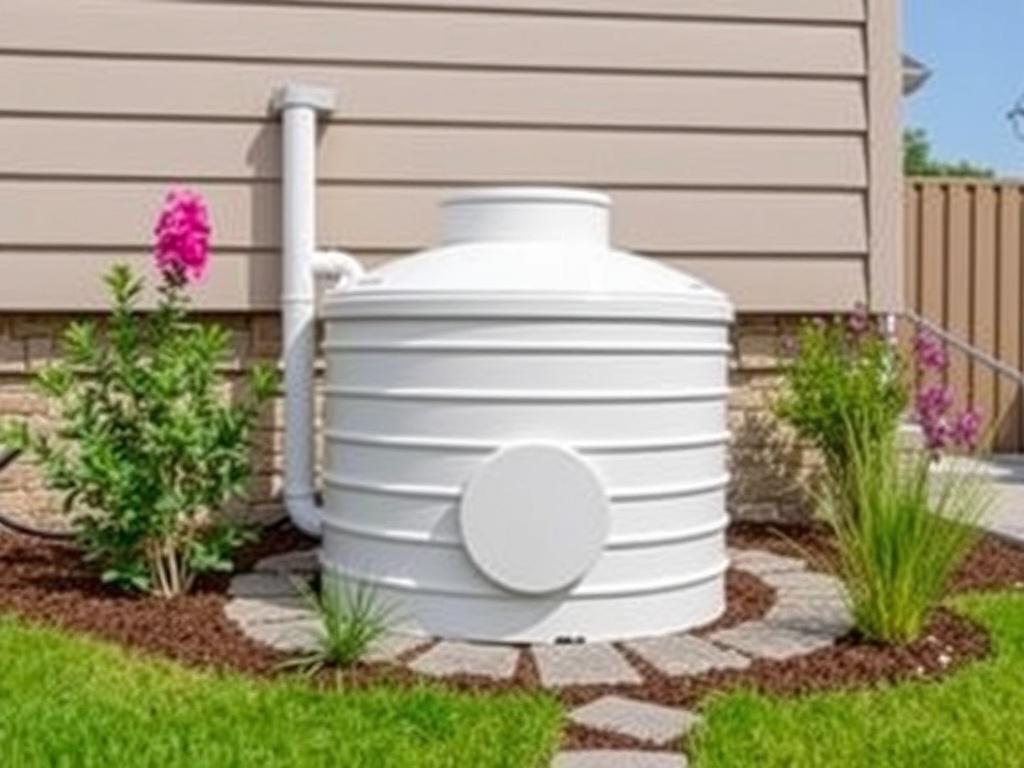
The cost to maintain a septic tank varies widely depending on usage, system size, and local rates. Typical expenses include:
| Service | Estimated Cost | Frequency |
|---|---|---|
| Septic Tank Pumping | $250 – $500 | Every 3-5 years or more frequently with heavy use |
| Professional Inspection | $100 – $300 | Annually or bi-annually |
| Repairing Pipes or Leaks | $500 – $2,500+ | As needed |
| Drain Field Replacement | $3,000 – $15,000+ | Rare, typically every 20-30 years |
Investing in regular maintenance will often save money in the long run by extending the system’s life and avoiding emergency repairs.
Conclusion
Owning a vacation home comes with unique joys and distinct responsibilities, one of the most important being septic tank maintenance. Treating your septic system with the right care ensures your getaway spot stays safe, clean, and ready whenever you arrive. By understanding how your septic tank functions, scheduling regular inspections, pumping the tank on time, and following simple water use and winterizing tips, you greatly reduce the chance of expensive breakdowns. Protecting your drain field and avoiding harmful substances also preserves your environment and protects local waterways. Whether you’re enjoying brief stays or extended vacations, a little septic care goes a long way in preserving the comfort and value of your retreat. So take the time, keep good records, seek professional help when needed, and enjoy peace of mind on every visit. After all, the last thing you want is a septic emergency cutting your vacation short!
Помогла вам статья?


